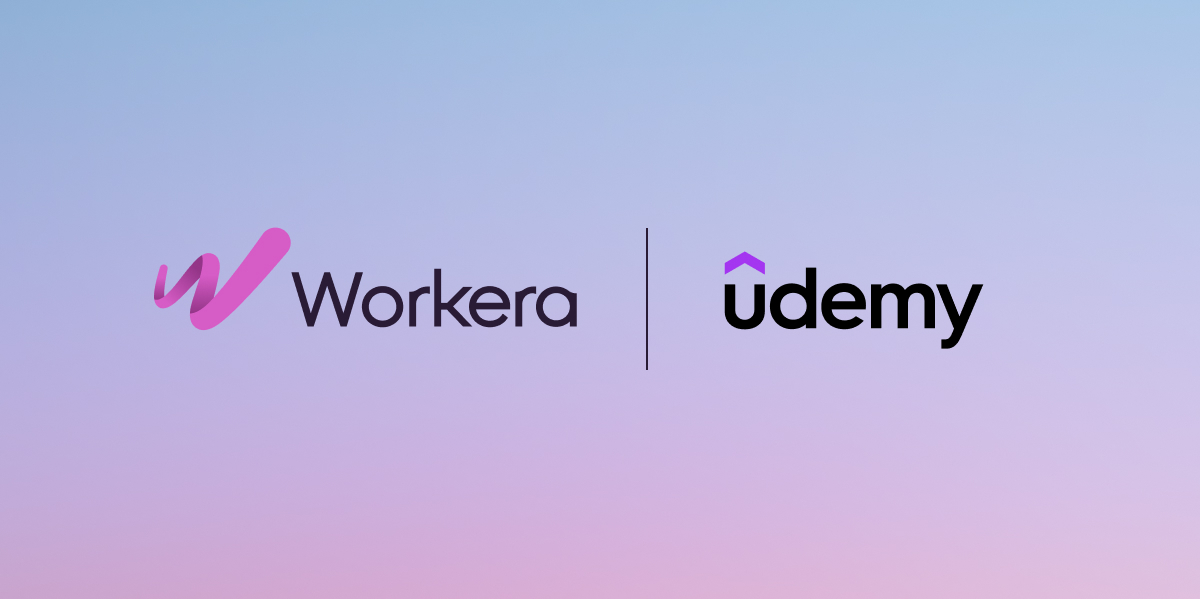Workera Adds Executive Leaders as Enterprise Demand for Verified Skills Data Surges

Blog
Workera Adds Executive Leaders as Enterprise Demand for Verified Skills Data Surges
Latest Posts
Blog
Workera Adds Executive Leaders as Enterprise Demand for Verified Skills Data SurgesWorkera Adds Executive Leaders as Enterprise Demand for Verified Skills Data Surges
Blog
U.S. Space Force Taps Workera to Build the Nation's AI-Ready Space WorkforceU.S. Space Force Taps Workera to Build the Nation's AI-Ready Space Workforce
Blog
76% of Americans Plan on Learning New AI Skills in 2026, Workera Report Finds76% of Americans Plan on Learning New AI Skills in 2026, Workera Report Finds
Blog
AI Adoption Will Remain Uneven in 2026. Here’s Why, and How to Fix ItAI Adoption Will Remain Uneven in 2026. Here’s Why, and How to Fix It
Latest News
U.S. Marine Corps Partners with Workera to Revolutionize Civilian Workforce Development
News

U.S. Marine Corps Partners with Workera to Revolutionize Civilian Workforce Development
Read News
Workera Selected as Skills Intelligence Partner for Accenture LearnVantage to Meet Demands of AI Economy
News

Workera Selected as Skills Intelligence Partner for Accenture LearnVantage to Meet Demands of AI Economy
Read News
Workera Named Fast Company's Most Innovative Company for 2024: A Milestone in AI & Skills Technology
News

Workera Named Fast Company's Most Innovative Company for 2024: A Milestone in AI & Skills Technology
Read News
Thank you! Your submission has been received!
Oops! Something went wrong while submitting the form.
Workera Adds Executive Leaders as Enterprise Demand for Verified Skills Data Surges

Blog
Workera Adds Executive Leaders as Enterprise Demand for Verified Skills Data Surges
U.S. Space Force Taps Workera to Build the Nation's AI-Ready Space Workforce

Blog
U.S. Space Force Taps Workera to Build the Nation's AI-Ready Space Workforce
76% of Americans Plan on Learning New AI Skills in 2026, Workera Report Finds

Blog
76% of Americans Plan on Learning New AI Skills in 2026, Workera Report Finds
AI Adoption Will Remain Uneven in 2026. Here’s Why, and How to Fix It.jpg)
.jpg)
Blog
AI Adoption Will Remain Uneven in 2026. Here’s Why, and How to Fix It
Udemy and Workera Partner to Build Workforce of the Future with Integrated Skills Intelligence Offering

Blog
Udemy and Workera Partner to Build Workforce of the Future with Integrated Skills Intelligence Offering
No results found.



